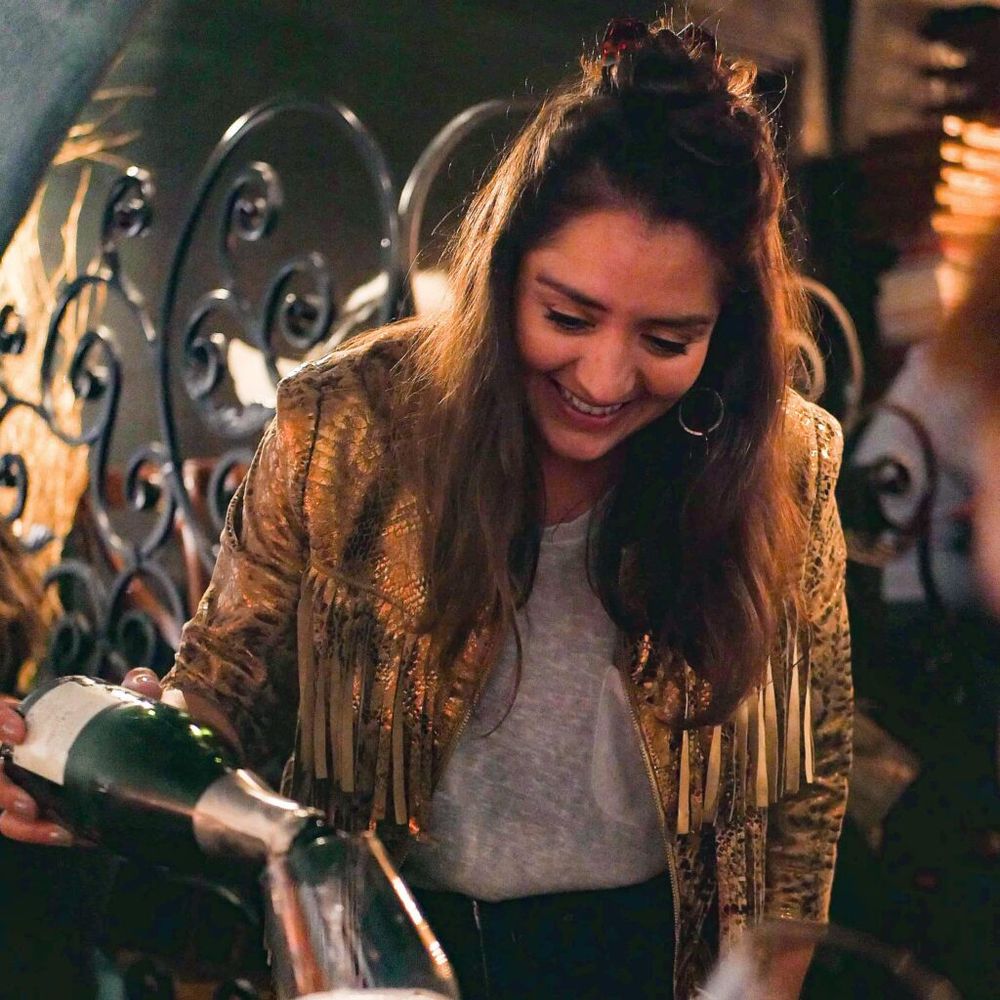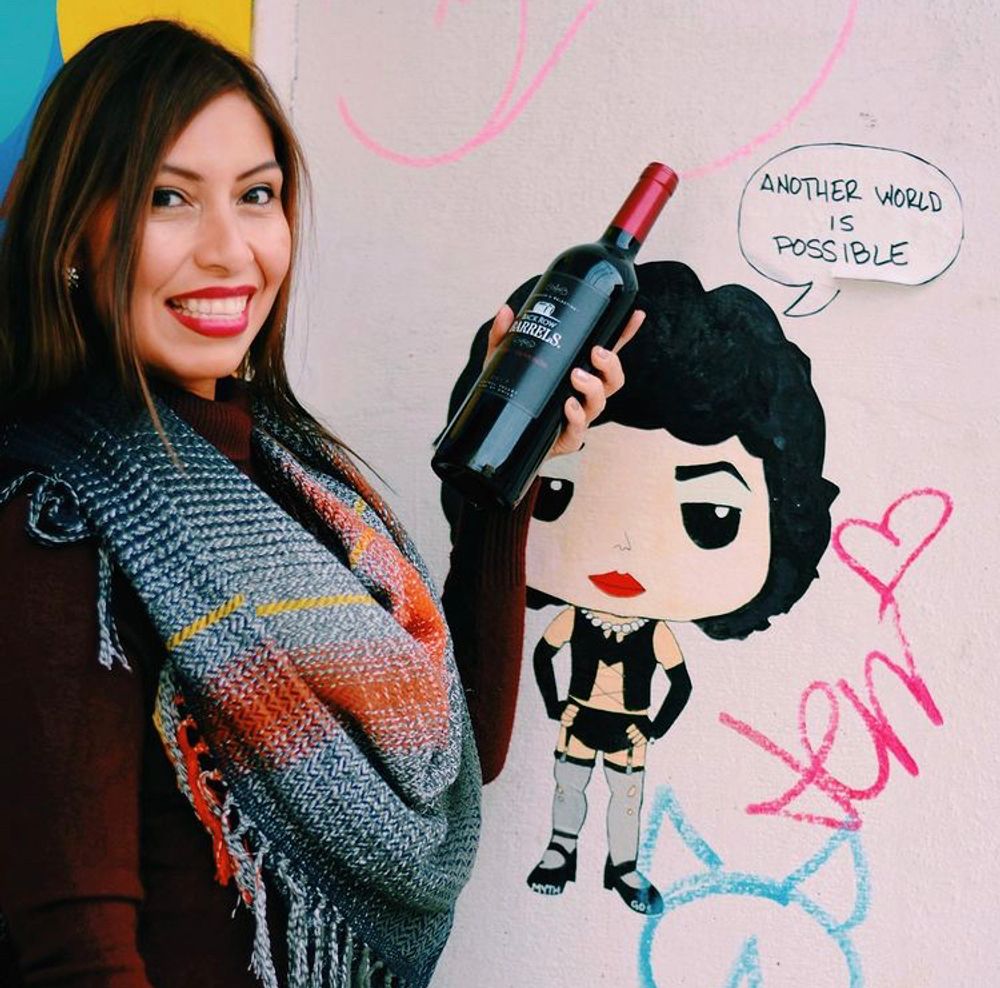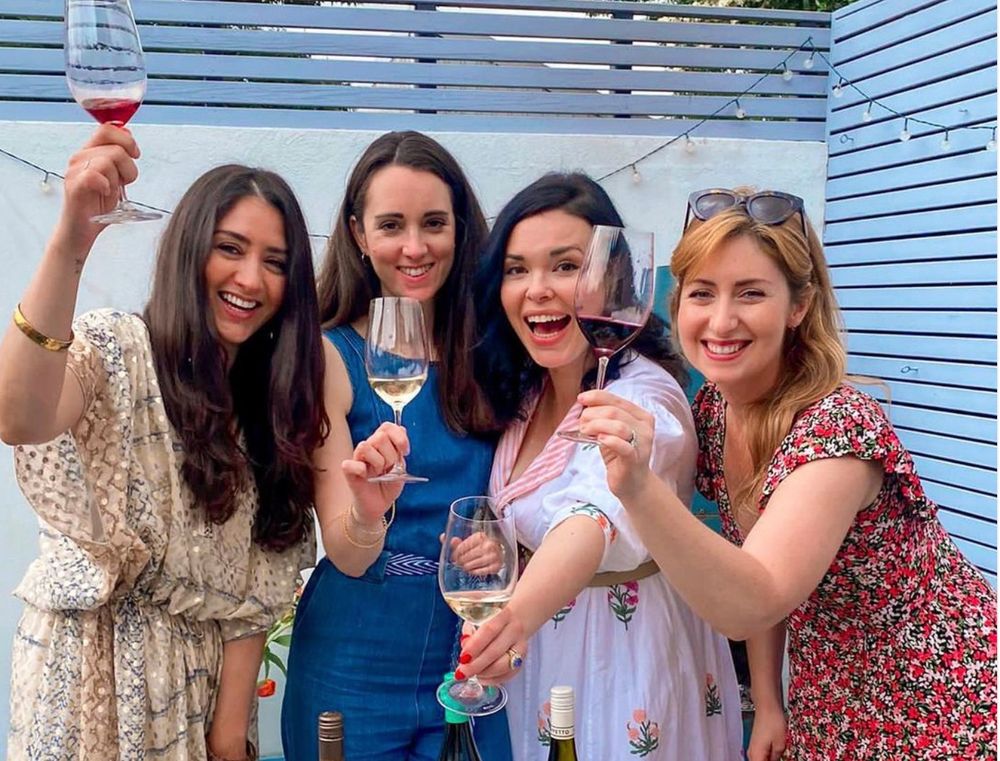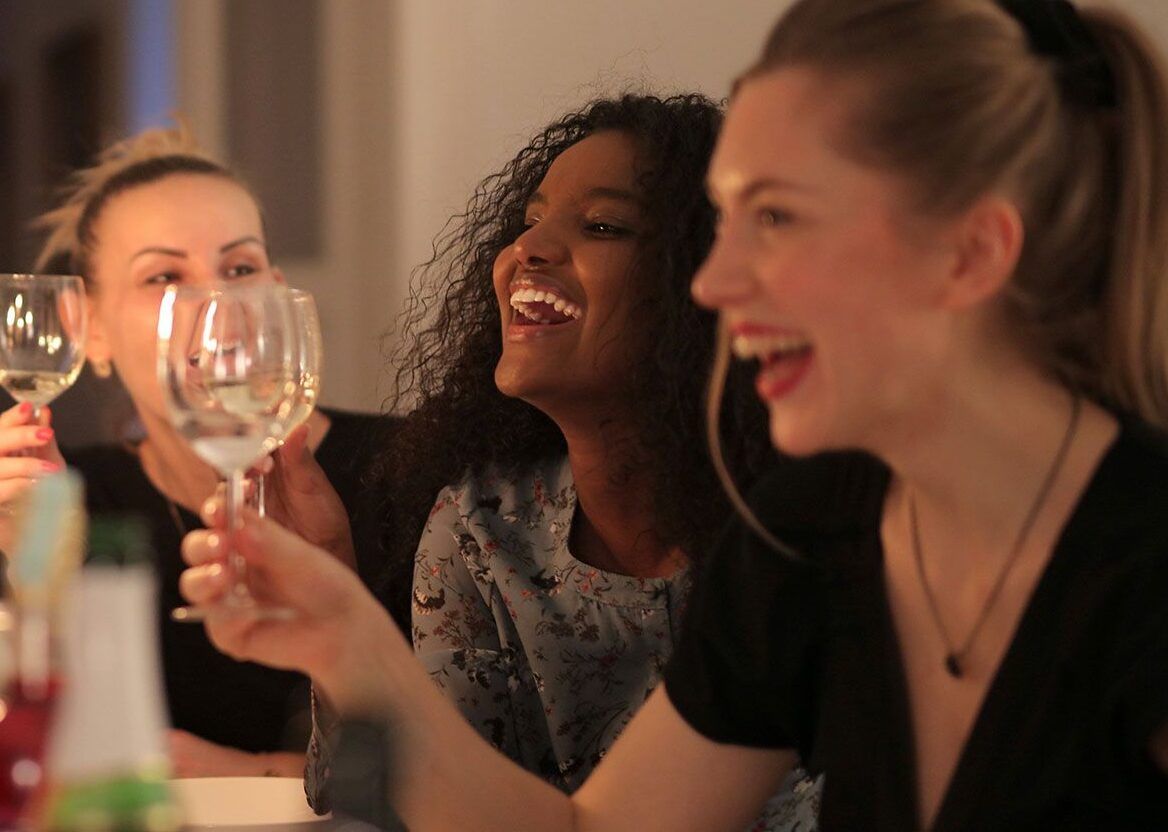“At the moment, the wine industry simply doesn’t reflect the wine market and it is under-representing more than half of its consumers…” Which is a reason in itself for the sector to put its house in order on diversity and inclusion, says Sophia Longhi.
In March 2021, The 30% Club (an organisation that campaigns for gender balance on boards and in senior management) announced all-male boards in the UK’s 350 biggest listed companies had been wiped out – there was now at least one woman on every board. In an article on Yahoo! Finance, Ann Cairns (global chair of The 30% Club) said: “Time and again research has shown companies with diverse boardrooms and senior leadership outperform their peers. Simply put, diversity is good for business.”
Diversity is good for business, but why is it good for business? Why is having more women in the wine industry a good thing, besides being the trendy thing to say? If the wine jobs go to the best people, why do we have a problem with what the system has produced, which is a male-dominated industry? Why do we keep harping on about this?

Sophia Longhi says better diversity and inclusion is not only the right thing for an industry to be promoting but it’s good for its growth and prosperity too
The reasons why are many and complex. It goes far beyond wanting to appease feminists and progressives. It goes far beyond a box-ticking exercise. It goes far beyond wanting to make women feel more comfortable when they enter a tasting room full of men (even though a sense of belonging is important for someone to thrive).
According to the article, “Female Palate” Is Driving Global Wine Trends, by the Women’s Wine & Spirits Awards, the majority of wine purchased in supermarkets and shops in the UK, US and western Europe, is done by women, with women making up 55% of regular wine drinkers in the UK. So, even from a wine sales point of view, shouldn’t we be talking to women more?
At the moment, the wine industry simply doesn’t reflect the wine market and it is under-representing more than half of its consumers.
Why representation matters
Representation matters. It is beneficial to the wine industry because it leads to sales, but as Ann Cairns pointed out, gender diversity also creates more successful companies.
Anecdotally, as a woman coming into the wine industry, representation has mattered to me. I subscribe to a monthly wine magazine and I noticed that month after month, the letters page was filled with letters almost exclusively penned by men. Either the magazine wasn’t publishing letters written by women or women didn’t write letters to the magazine. Perhaps the demographic was largely male and if so, what was it about the publication that was not appealing to women? A quick flick through shows male names and male faces on most pages, so it would make sense that women wouldn’t feel welcome as readers. That’s how it felt to me, at least.
I admire the work of many men in the wine trade, but as someone from any minority community will tell you, it’s different when you see yourself in the people you admire. Watching Amanda Barnes host a tasting on Chilean wines at the London Wine Fair, attending a masterclass by Rebecca Gibb MW, seeing Amelia Singer present the wines for Celebrity Cruises at Taste of London, interviewing Sarah Jane Evans MW at the Decanter World Wine Awards – all of these experiences spurred me on to pursue a career in wine because I felt it was possible.
I think this is something that men (particularly white men) take for granted, because there are white men in positions of power everywhere, sending the message that it is possible and normal.

Martha Cisneros of Latinas Wine Club on how it has been able to bring a large, strong community together
I host a weekly Instagram Live called #WednesdayWineWomen and I speak to all sorts of women in the wine industry (and out – students and enthusiasts, too). When I spoke to Martha Cisneros, co-founder of Latinas Wine Club, she explained to me the importance of representation in her community: “The Latina community has a high earning power and the community is growing. Our voices have to be heard throughout the private and public spheres.”
By its very nature, some might claim that #WednesdayWineWomen is exclusive rather than inclusive, but I would argue that these spaces are necessary for women to feel comfortable enough to express themselves within a space that is not overwhelmed by men. As Cisneros explains: “Society is composed of different communities. Creating a community empowers people to be part of the society, to have a voice in the society. It’s a safe place so every voice can be heard and these views can be transferred to the society – it’s kind of like a system theory.”
Diversity in wine
Representation will encourage more women to buy wine and more women to work in wine, which then encourages more women to buy wine – but what effect does gender diversity have on the wine workplace?

Miria Bracali says it just makes sense for any business to have both men and women making the key decisions
Miria Bracali, chief winemaker at leading Tuscan wine producer, Cecchi, told me how important the roles of women have been in her team and how we need more women at the top of the wine industry.
“Sensitivity makes women essential in wine because it’s important for tasting, as women have different senses. But it’s important to create a different way of thinking too. Women are key in paying attention to environmental issues – we are able to take care, to take care of our environment, to take care of our colleagues – so it’s a very different approach to the job, to the work. Complexity needs men and women together because they have different approaches. I know my male colleagues think differently and it’s important to have these kinds of discussions of different ideas in our team.”
At Bruce Jack Wines, winemaker Marlize Beyers praised the company for putting women in key positions. “I’m very lucky to work in companies where gender is not so important as your skill set. We may not be physically strong, but mentally we are quite powerful as women. Especially in Bruce Jack’s organisation, he employs powerful women, which makes a powerful team.”

Marlize Beyers says South African wine producer Bruce Jack is all about bringing as strong a team together as possible
Of course, there is resistance when it comes to employing women over men. Are men now at a disadvantage because of their gender? In the main, jobs will and should always go to the best person for the position, but we really need to look at this with a wide lens. Who are the people that made it to the interview and have they had the same opportunities? Has one candidate had gaps in their career because of caregiving responsibilities for children or elderly parents? Has another candidate had more opportunities to network because they have been granted access to exclusive spaces? Is the interview (and everything else that came before the interview) really a level playing field to begin with?
This is why equal opportunities initiatives exist. It might seem to some like there are now people getting an unfair ‘leg up’ but, the real injustice is that men (specifically white educated men) have been getting that leg up for centuries. Things won’t improve for women until attitudes bestowed upon children (of all genders) from birth change and we can help to influence attitudes with the actions we take in society and at work now.
When we hire for a specific role, shouldn’t we consider the makeup of the team as a whole? Isn’t it just as important to bring in new perspectives that only come from cultivating a balanced and diverse workforce as it is to find ‘the right man for the job’? Surely employing someone should never be a singular focus if you want a multi-layered approach to doing business.
Following on from International Women’s Day, I’ll be continuing to celebrate the achievements of women in wine and the positive actions of our male allies. I will do my part for representation by elevating women in wine as much as I can, sending the message that wine is a place for women and that female talent will be valued and nurtured.
Diversity is good for business and that’s something we can all raise a glass to.
- Sophia Longhi is a wine communicator and writer. Pre-Covid, she was working in a wine bar and hosting wine tasting events at venues around London, but she has now adapted to life online by running virtual tastings, workshops and working with wine brands on social media campaigns. Sophia blogs on her website www.skinandpulp.com where she is committed to championing women in wine. You can follow her at @skinandpulp on Instagram and catch her weekly Instagram Live, #WednesdayWineWomen.

- She is also part of @TheWineCollectiveUK that includes @libbyzietsmanbrodie @the.british.bouchon @thelondonwinegirl who together offer wine consultancy services, strategy, multimedia content, events and experiences for the wine trade.








































